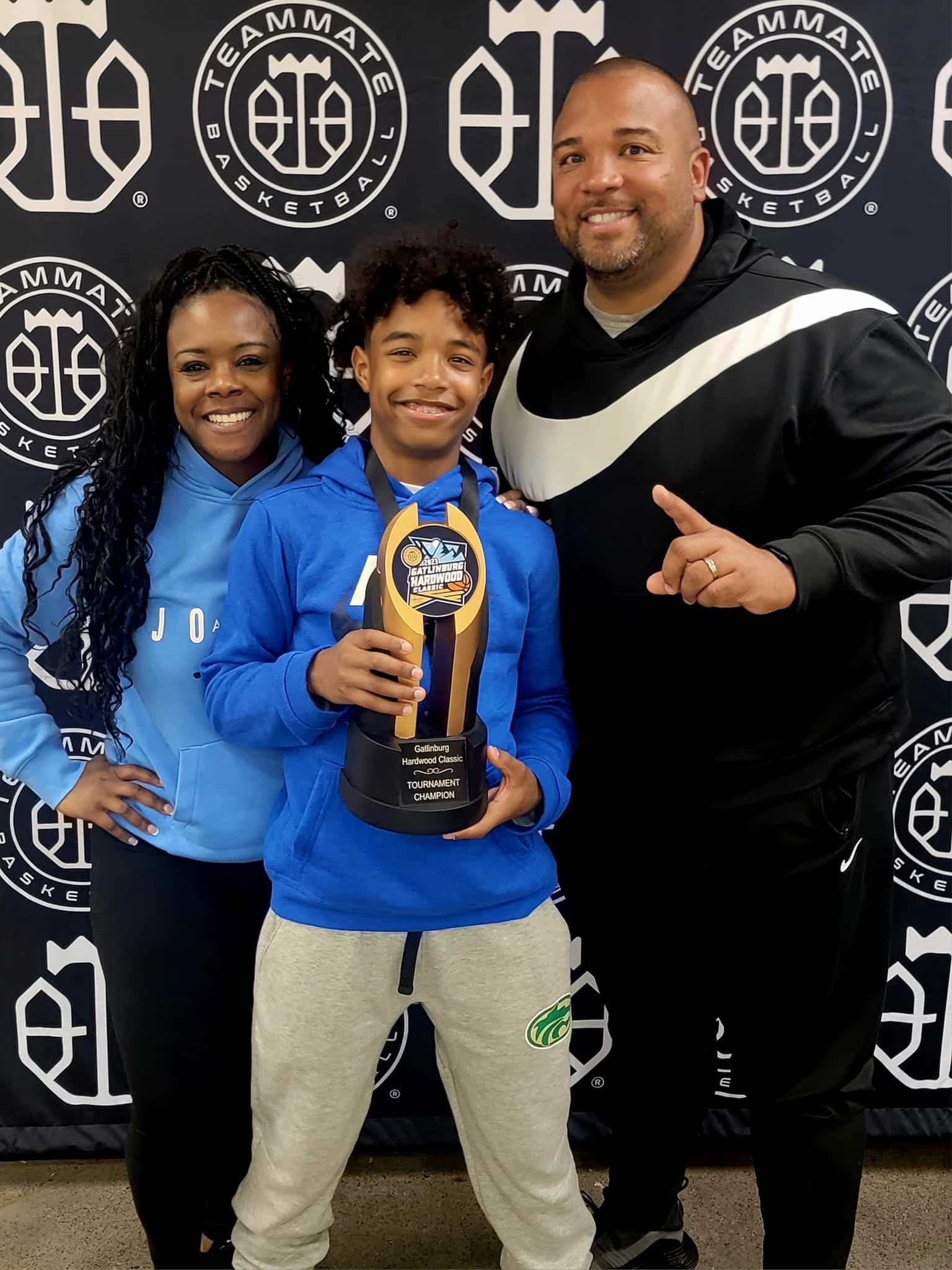
It is a crucial understanding. Without it, there’s a chance that Des – or any initially successful bariatric surgery patient – could regain his weight. That’s because the surgically altered stomach can still stretch out over time and allow the patient to start eating larger portions again.
“I think the key is understanding that you still have to make some lifestyle changes. You can’t eat the same way you did before,” Dr. Richard said. “These operations aren’t going to force anyone to eat that way – they’re going to help patients to learn how to eat a different way and have a different relationship with food. And I think that’s the biggest take home message I’d tell Des or anyone – including prior athletes.”
Being a former athlete is part of why Des found himself in the situation he was in.
“My whole life, not just college, you’re praised by eating as much as you can and being as big as you can. Plus, you get used to burning so many calories, and being an athlete at that level you kind of have to have a type A personality, so you do everything full tilt. That’s why a lot of former athletes have similar issues,” said Des, who roamed the Sanford Stadium turf at about 260 pounds. “Now I’m, down to about 244, and my goal weight is about 220 pounds. And the great thing is I can still eat a lot of what I want – chicken and some steak – I just eat it in tiny portions. I may eat at Chipotle, but one serving from there lasts four meals for me!”
He is also back attacking each day with full vigor. And Des hopes his story can encourage others, including fellow athletes, to know there are tools for success available.
“I work all day, and then I might work in my yard 2-3 hours till the sun goes down, then I still have energy to take my son to the gym or maybe his training or watch his games. It’s great,” Des said. “Because of the surgery and accountability that I have with Longstreet, I know I have what I need to be successful. And I’m blessed to have this opportunity and all these great people working with me. My only wish is that I’d done it sooner.”




